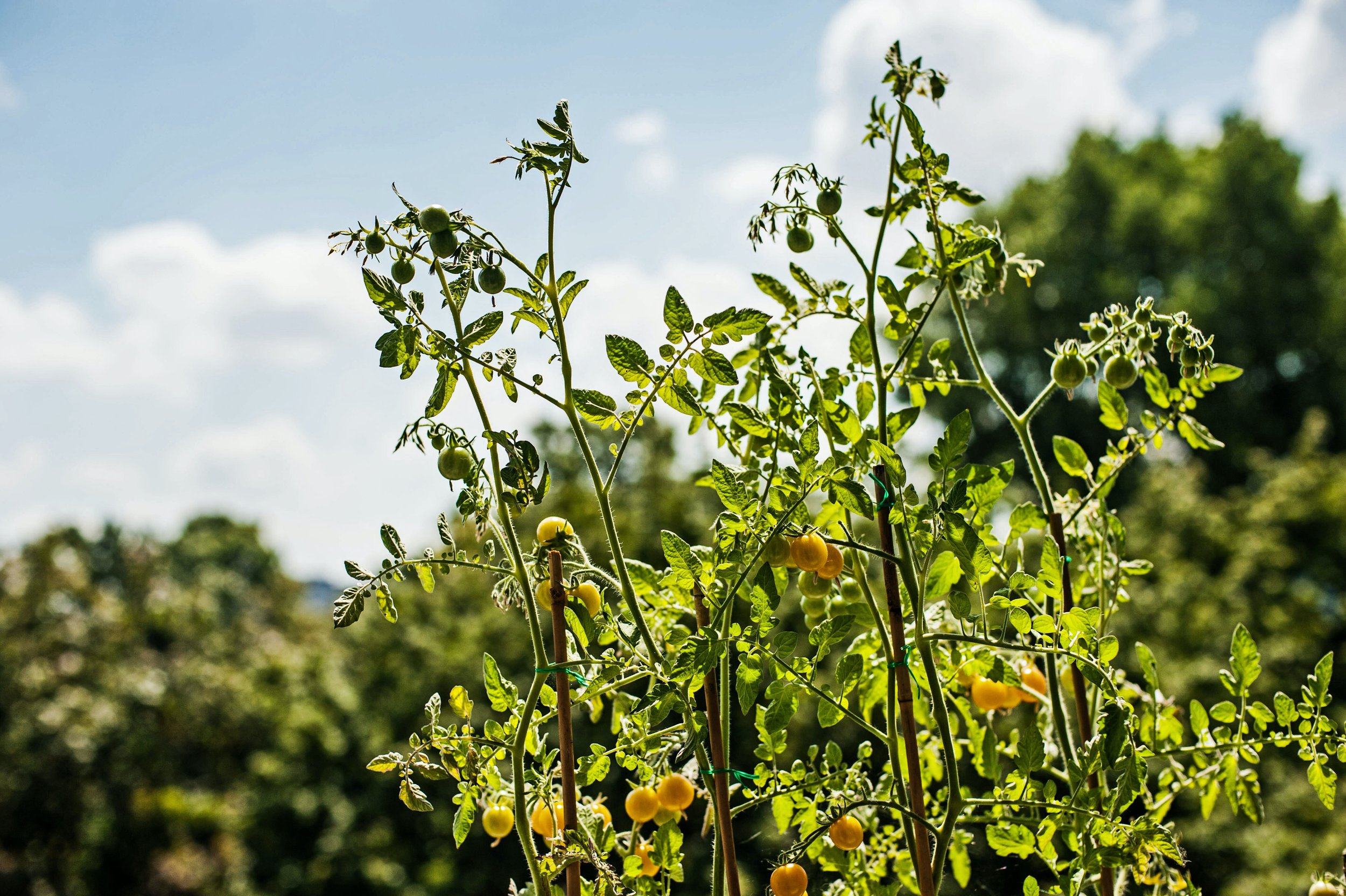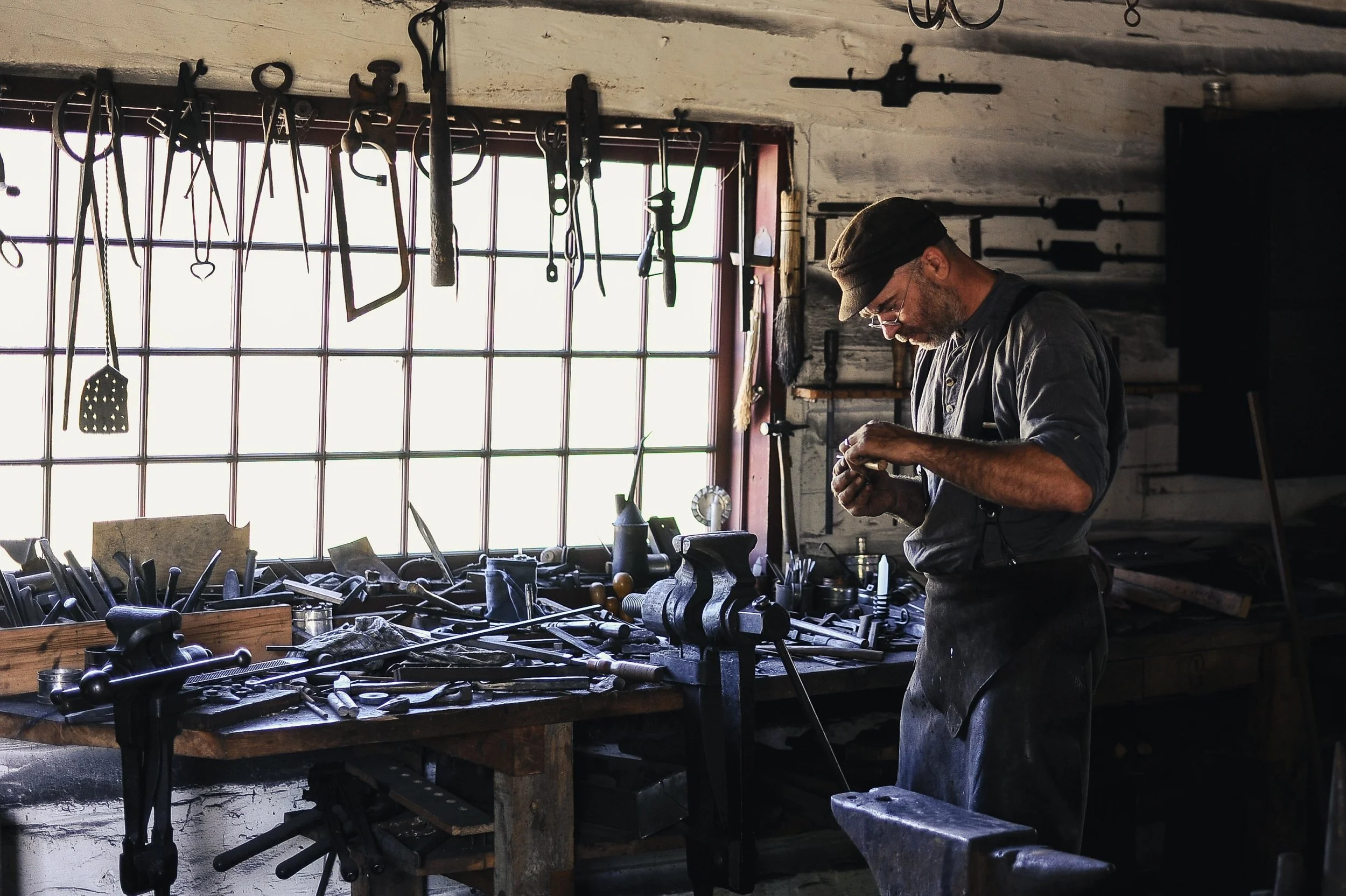
Activities
All the tools to build resilience under one roof.
London is full of inspiring social and environmental initiatives spread across the city. We believe that our communities have the opportunity to thrive if we build resilience in four key areas, all under one roof.
These are our Pillars and the activities supporting them.
Social Resilience.
Stronger support systems are an integral part of survival in a changing world. The Village will create and host activities that foster a true sense of community and collaboration, connecting and supporting those most in need.
Solidarity Projects.
From English courses to housing & benefits advice, and Immigration Law to free haircuts, The Village will welcome a number of projects to address a range of needs — all backed by local charities, professionals, businesses and support groups.
Community Kitchen.
From Monday to Wednesday our Community Kitchen will be open to all, creating much needed food security. Feed yourself and your neighbours with produce from our garden.
If you are a local restaurant, you’ll be welcomed to use the space to feed the community. Alternately, we will distribute your surplus produce — and that from local Grocery Stores — amongst the community, so nothing goes to waste.
Community Events.
Our events will bring the community together — giving neighbours a chance to build connections and make new friends. They will always be inclusive spaces and covid-secure.
Co-working Space.
Our co-working space will be open for businesses, social businesses, charities, activists, and projects aligned with the mission of The Village. And in keeping with our ethos, spaces will be offered at a competitive price.
This initiative will only happen if we occupy a large building.
Food Resilience.
We aim to reduce diet inequalities and give every member of our community the dignity and nourishment of food security. We will promote and house an alternative plant-based and organic food system. Not only will we feed those in need, we will give everyone the opportunity to learn how to grow their own food, empowering them to break free of a broken system.
Permaculture Garden.
Our permaculture garden will fill most of our outdoor space. Even the walls will be utilised as green space.
Our garden will have many functions: growing food for the local community; rewilding for local wildlife; green space for community usage; ecological educational programmes; a peaceful space for mental health aid.
Market.
Every Sunday morning, from 7am to 1pm, we’ll welcome local fruit and veg growers, and vegan and plant-based producers to set up stalls.
We are looking for partners to help us open this initiative.
Bulk Shop.
Buy produce from our zero waste shop. Stocked from our permaculture garden and by local farmers this will be a plastic-free and organic store where you can get all your household needs.
We are looking for a partner to help us open this initiative.
Zero Waste Pub.
The Village Pub is different to your usual — working with circular economy breweries, this will be a space to connect and enjoy.
Hosting local musicians and artists, this is the cultural hub of The Village.
Our pub demonstrates a new way to run hospitality, where zero-waste is a given and positive-impact is a priority. We’re making pubs truly ‘locals’ again.
Restaurant.
Vegan street food vendors will be invited to call our kitchen home, between Thursday and Sunday. In the future, we aim to open our own restaurant.
All food and materials to go to our compost or be reused.
We are looking for food vendors to join us and feed the community.
Environmental Resilience.
At our core is our drive to reduce our environmental impact. Through creative, educational and regenerative methods, the Village will provide an alternative way of living that is resourceful rather than wasteful.
Resource Management.
The Village aims to ‘reloop’ the water, waste and energy that we produce. We encourage all our members to become active prosumers — thinking about how they can balance their consumption with production — by exploring creative and sustainable ways they can live in urban spaces. For example, rainwater harvesting, various onsite composting techniques and alternative hybridised energy supplies.
Repair Workshops.
If it’s broken, fix it. We will host weekly workshops, on Saturday and Sunday morning, to teach forgotten — yet essential — skills.
From the repair of small electronics to the mending textiles (both clothing and upholstery), our workshops will be designed to help people fix broken items rather than buy new.
Renting of Tools.
Working with The Library of Things, we will have plenty of tools available for rent. From carpet cleaners to drills, the opportunity to borrow rather than buy will reduce waste and increase accessibility. The local neighbourhood informs the tools we have for hire and we offer kits to support our repair workshops.
Remakery.
Our team will restore furniture, textiles and electronics and properly dispose of items that are beyond repair. Everything restored will be available for purchase giving old items a new lease of life.
This initiative will only happen as a permanent initiative if we occupy a large building. We are looking for people to support this initiative.
Mental Health Resilience.
We will nurture the mental health of the local community to help them cope with the impact of the political, climate and ecological crises. We aim to make mental health support accessible to all, creating a kind and compassionate space where all people belong.
Counselling.
A low cost psychotherapeutic counselling service will be at the heart of our Mental Health Resilience Pillar.
Our therapy rooms will be open to qualified therapists for their private practices. In return they will offer their services to the local community at reduced rates — making good mental healthcare more accessible to all.
Courses & Training.
The Village will offer two types of courses: some courses are designed to directly help our communities build good mental health and resilience, while other courses will have secondary therapeutic benefits for example:
Smoking cessation
Special interest support groups
Nutrition and plant-based cookery courses
Personal development courses
Knitting/sewing/gardening circles
Sharing & grief circles
Art circles and art therapy courses
Regenerative Culture.
We aim to create a kind, compassionate and mutually supportive environment, free from discrimination – a regenerative culture. This is a space for everyone in the community to find a sense of connection, belonging, and support.




